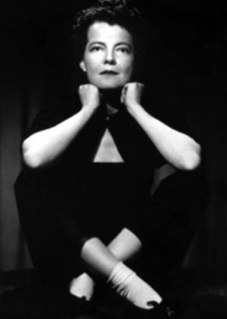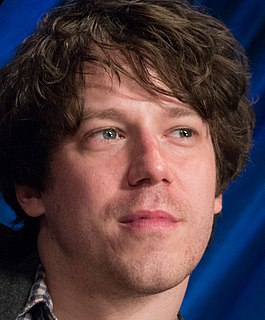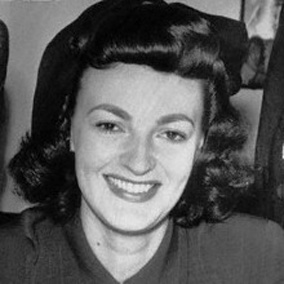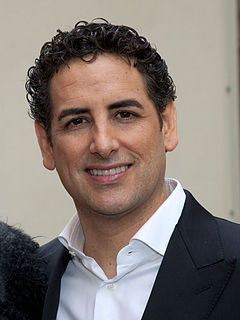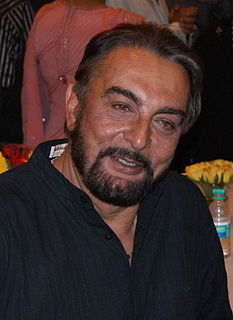A Quote by Vaclav Havel
I think theatre should always be somewhat suspect.
Related Quotes
In my experience, you always think you know what you're doing; you always think you can explain, but you always discover, years later, that you didn't and you couldn't. This leads me to suspect that the principal function of human reason is to rationalize what your lizard brain demands of you. That's my idea.
Theatre supposes lives that are poor and agitated, a people searching in dreams for a refuge from thought. If we were happier and freer we should not feel hungry for theatre. A people that is happy and free has need of festivities more than of theatres; it will always see in itself the finest spectacle.
The true historical genius, to our thinking, is that which can see the nobler meaning of events that are near him, as the true poet is he who detects the divine in the casual; and we somewhat suspect the depth of his insight into the past who cannot recognize the godlike of to-day under that disguise in which it always visits us.
The greatest human virtue bears no proportion to human vanity. We always think ourselves better than we are, and are generally desirous that others should think us still better than we think ourselves. To praise us for actions or dispositions which deserve praise is not to confer a benefit, but to pay a tribute. We have always pretensions to fame which, in our own hearts, we know to be disputable, and which we are desirous to strengthen by a new suffrage; we have always hopes which we suspect to be fallacious, and of which we eagerly snatch at every confirmation.
Before I worked on film, I studied the theatre, and I expected that I would spend my whole career in theatre. Gradually, I started writing for the cinema. However, I feel grateful towards the theatre. I love working with spectators, and I love this experience with the theatre, and I like theatre culture.

